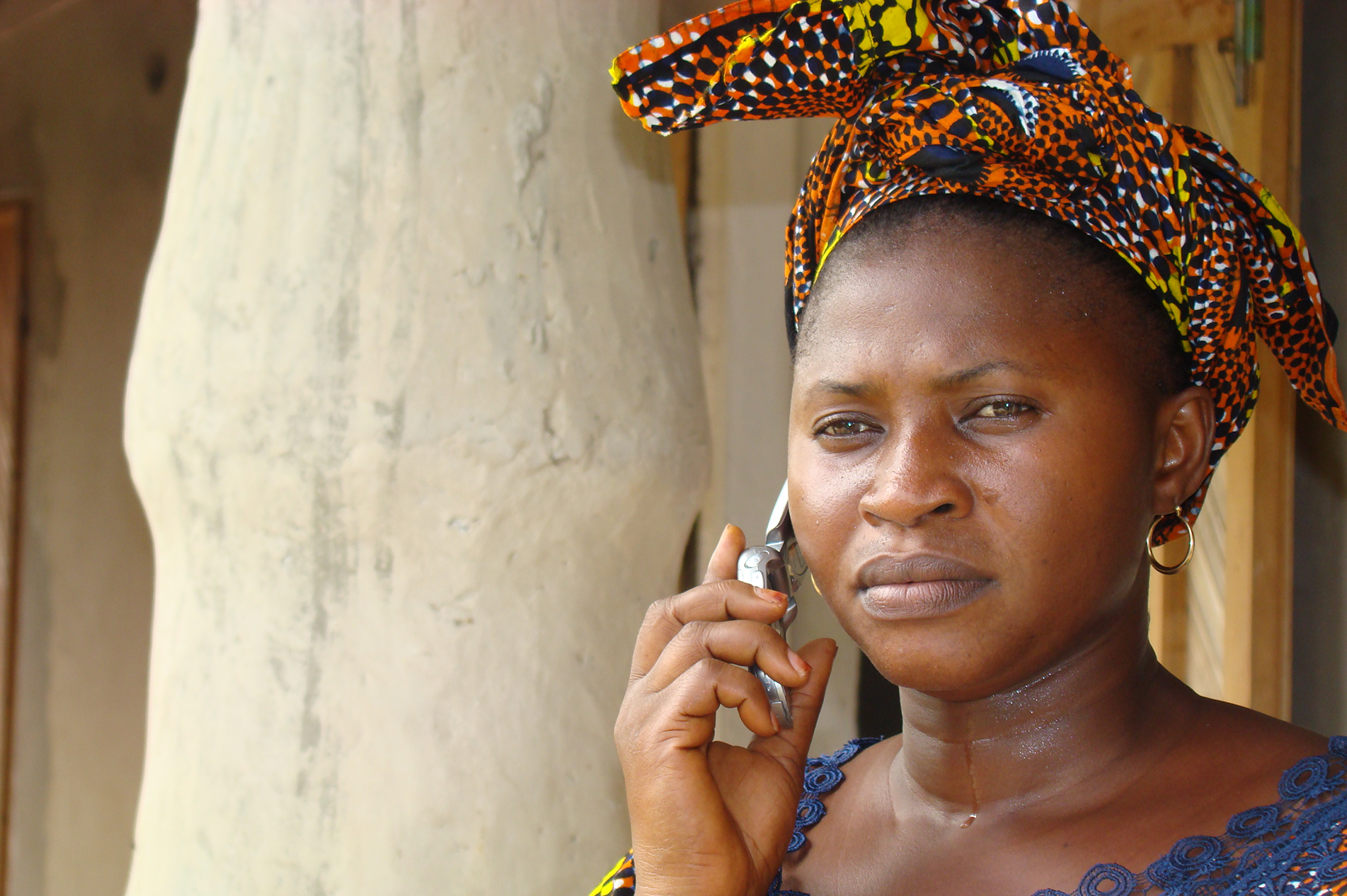
Elisabeth Diouf
Casamance, a beautiful and fertile region in the south of Senegal, extends along the course of the river Casamance, featuring a lush countryside crisscrossed by channels, river islands, tropical forests, rice fields and mangroves.
The main ethnic group are the “Diola”, who follow an animist and Christian tradition, and who cherish their culture and traditions. For the Diola, rice is sacred, a symbol of prosperity and fertility. The cultivation of the same guarantees supply to the populations, is a sign of identity for this ethnic group, with close ties to agriculture.
When Elizabeth Diouf decided to open a tourist accommodation in the year 2000, she had no doubt that she would name it “Emanaye”, “rice” in the Diola language. From the rooms in the upper floor of the accommodation and from the dining room, the travellers have a splendid view of the rice paddies in the surroundings of the Oussouyé municipality.
Elizabeth knew about the experience of the “Campaments Villageois”, modest accommodations managed by the communities themselves and built with the aim to help avoid the exodus of youth towards the cities.
Her camp has a structure based on two floors, arcades and hay ceilings, according to the traditional architecture of the Casamance region. Thus, it is often said that the Diola are the best architects of Africa. At the time of inauguration of there were twelve rooms. Electricity and running water were available in the year 2001.
The Emanaye camp has survived the many conflicts that have occurred in the Casamance region due to the confrontations of the two independence movements against the government of Senegal. The cultural and natural wealth of the area is the best guarantee of touristic development in periods of stability. The Ossouye patrimony, the proximity to Cap Skirring, with its white sand beaches, surrounded by palm trees, and Ziguinchor, with its market, communications, cultural life and commercial activity, turn the city and camp into a must-visit place in any of the tourist routes of Lower Casamance.
